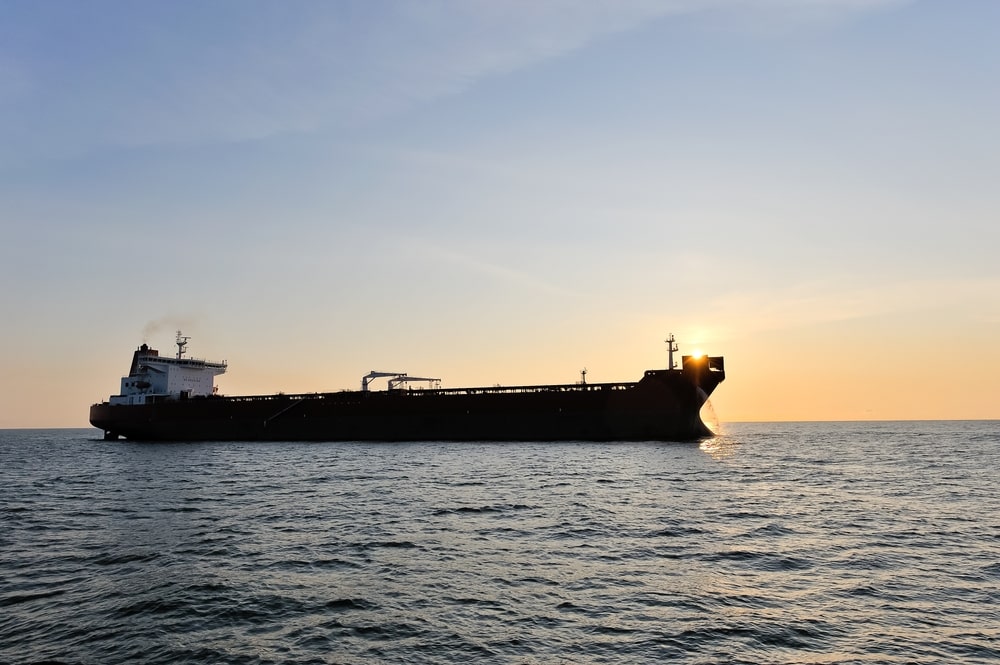
A quarter of all Russian crude shipments by sea since December 5th are underwritten by Western insurers according to the Financial Times.
In their analysis of shipping and insurance records, the FT has found that Western insurers were underwriting Russian crude shipments to India, China and Turkey throughout December.
The shipments come despite a price cap, introduced on 5th December, on Russian exports of crude oil. Under the cap, buyers of Russian crude oil would be able to access Western services such as Insurance and Banking, only if they can prove that they paid less than $60 a barrel.
However, analysts point out that the price cap has yet to inflict hardship on Moscow, as its flagship Urals blend of crude oil, is currently selling less than $60 a barrel. This fall in the value of the Urals blend has occurred since the invasion of Ukraine, being sold at a discount price in comparison with Brent Crude.
In total, there were 63 vessels which carried Russian crude oil from 5th December to 23rd December, according to the FT’s analysis of data from Kpler, a freight and analytics company.
Eighteen of these vessels were Western insured, with nine vessels destined for India, six for China and one to Turkey. Four vessels that headed to Bulgaria were also Western insured but exempt from the ban due to Bulgaria’s reliance on Russian refineries.
Crude oil is a major export for Russia and has been a target for Western-backed sanctions on the country since Russia’s invasion of Ukraine in February 2022.
In the first three weeks of December 2022, Russia exported approximately 50 million barrels of crude via sea, a drop from 67 million in the same period in November, according to the FT.
The FT reports that the price cap has made it more difficult for shippers to get certain types of insurance coverage. On December 23, during renewal season, global protection and indemnity insurers issued amendments for certain policies. This included charterers’ liability cover which excluded losses coming from the Ukraine conflict or ‘expansion’ of it.
Speaking to the FT, one anonymous market insider summed up the mood of the market, describing these broadly written Ukraine exclusions demanded by reinsurers as “huge problems” for firms.
This will ultimately, as the FT article states, mean that firms trying to insure assets in the region, will in essence have to underwrite “net” and forgo any reinsurance coverage. Thereby, increasing their exposure from the conflict even more.